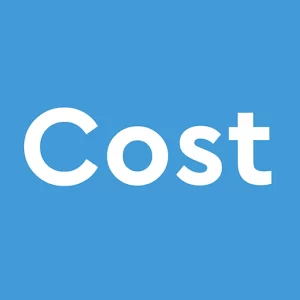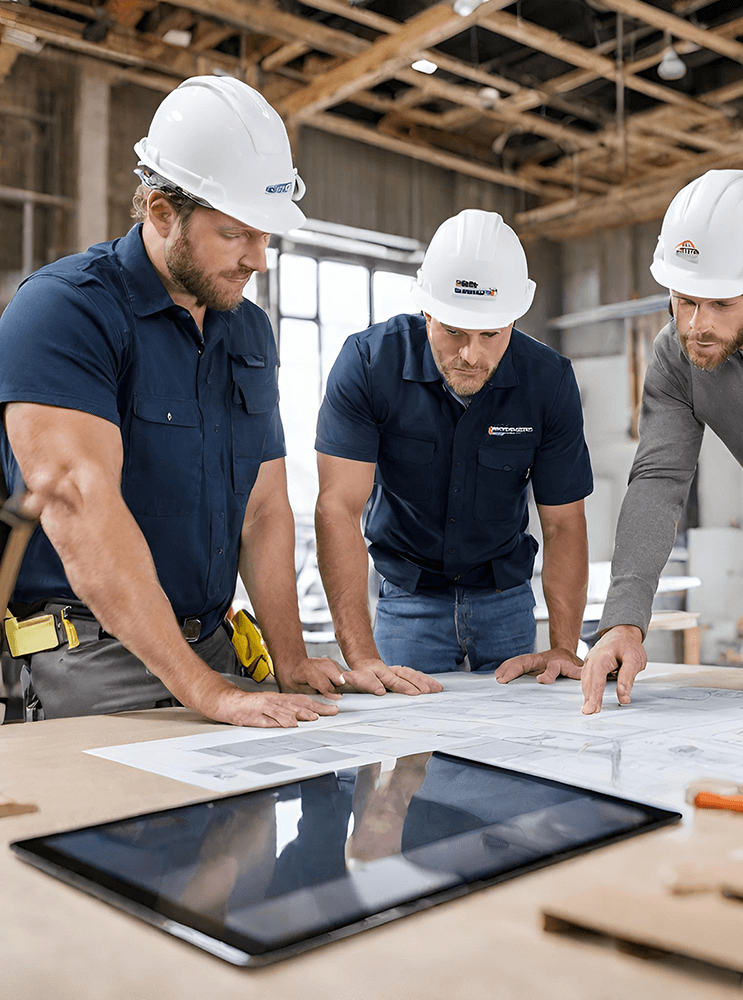Ever wonder why some construction projects sail smoothly while others flounder financially? It all hinges on the accuracy of cost estimations. Getting this right means the difference between thriving and just surviving in the construction world.
What Exactly is Construction Cost Estimating?
Think of construction cost estimating as the blueprint for your project’s financial success. It’s about evaluating if a job is doable, deciding on a quote, or setting up the project budget. This process involves a detailed analysis of everything from direct costs like materials to overheads like equipment rentals, ensuring you price the job effectively—and profitably.
Timing is Crucial: When to Estimate?
Timing your cost estimation is as crucial as the estimation itself. Start your financial brainstorming early on, right when your project is still a concept. This groundwork allows you to give a ballpark figure, align your resources, and dodge any financial mishaps that could arise once shovels hit the ground.
Agreeing on Project Scope
Once you have decided to price a job, the next step is to define your project’s scope. What’s your client expecting? What complexities lie ahead? Even factors like sustainability and local regulations need your attention early on. Get this straight, and you’re halfway to a reliable estimate.
The Design Phase
Drawing up the design is the next milestone. Here, you assess materials and methods, aiming for both cost-effectiveness and practicality. Getting this right shapes your entire estimate and sets the stage for the forthcoming bids.
Estimation for Bids and Project Control
When prepping an estimate for a project bid, everything from subcontractor quotes to material costs comes into play. This is your recipe for a winning bid. But remember, estimation doesn’t stop once the project begins – ongoing estimates help keep everything on track and within budget.
Who Takes Charge of Cost Estimating?
While larger companies might have dedicated estimators, smaller firms or individual contractors handle this themselves. But, regardless of who does it, leveraging tools like Buildxact helps streamline and enhance the accuracy of these estimates.
Breaking Down the Costs
Labor Costs: Labor can consume about half your project budget so gauge this well. Consider the timing, duration of the project, and unforeseeable delays like weather or adjustments in wage rates.
Material and Equipment Costs: A detailed list of all required materials—termed a ‘quantity takeoff’—is essential. Factor in everything from potential price hikes to delivery charges. Also, calculate the costs linked with machinery whether owned, rented, or purchased anew.
Wrap Up With the Right Estimate Type
From feasibility to definitive estimates, each step serves a distinct purpose whether for clarity, adjustment, or finalization of the project cost. Always match the type of estimate with the project phase to avoid fiscal surprises.
Conclusion
Construction cost estimation isn’t just about crunching numbers; it’s a strategic tool that ensures your project starts and finishes strong financially. Whether you’re a veteran builder or new to the industry, embracing advanced tools like estimating software can revolutionize your approach. Dive into each project with confidence, equipped with the best estimates, and watch your business grow.
FAQs
1. What is a quantity takeoff?
A quantity takeoff is an exhaustive list of materials needed for a construction project, crucial for accurate cost estimation.
2. Why is timing important in cost estimation?
Estimating costs early helps align budget with actual expenses, aiding in accurate bidding and financial planning.
3. How can estimating software improve accuracy?
Software like Cost Estimator reduces the risk of human error, speeds up the estimating process, and provides a more accurate financial outline.
4. What costs should be included in construction cost estimating?
Include all direct costs like labor and materials, as well as indirect costs such as administrative expenses and equipment upkeep.
5. What is the role of an estimator?
Estimators calculate the total costs, including resources, labor, and other expenses, to help complete a construction project within budget.











